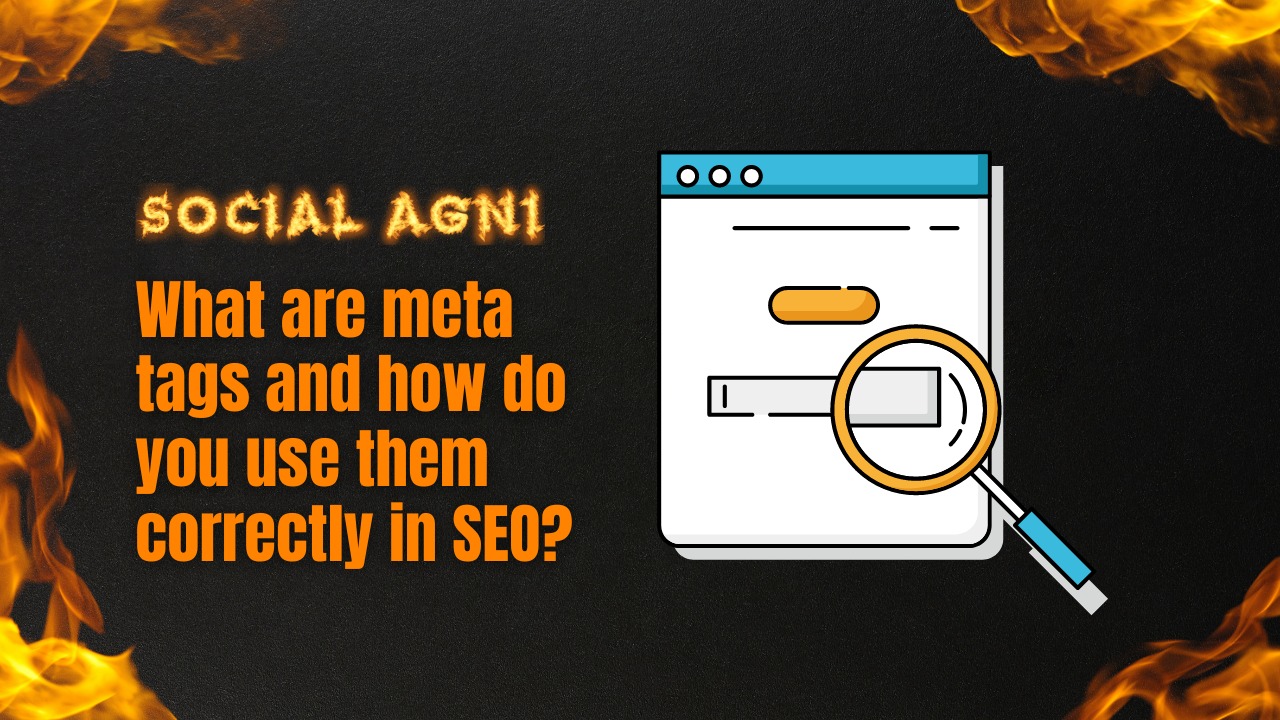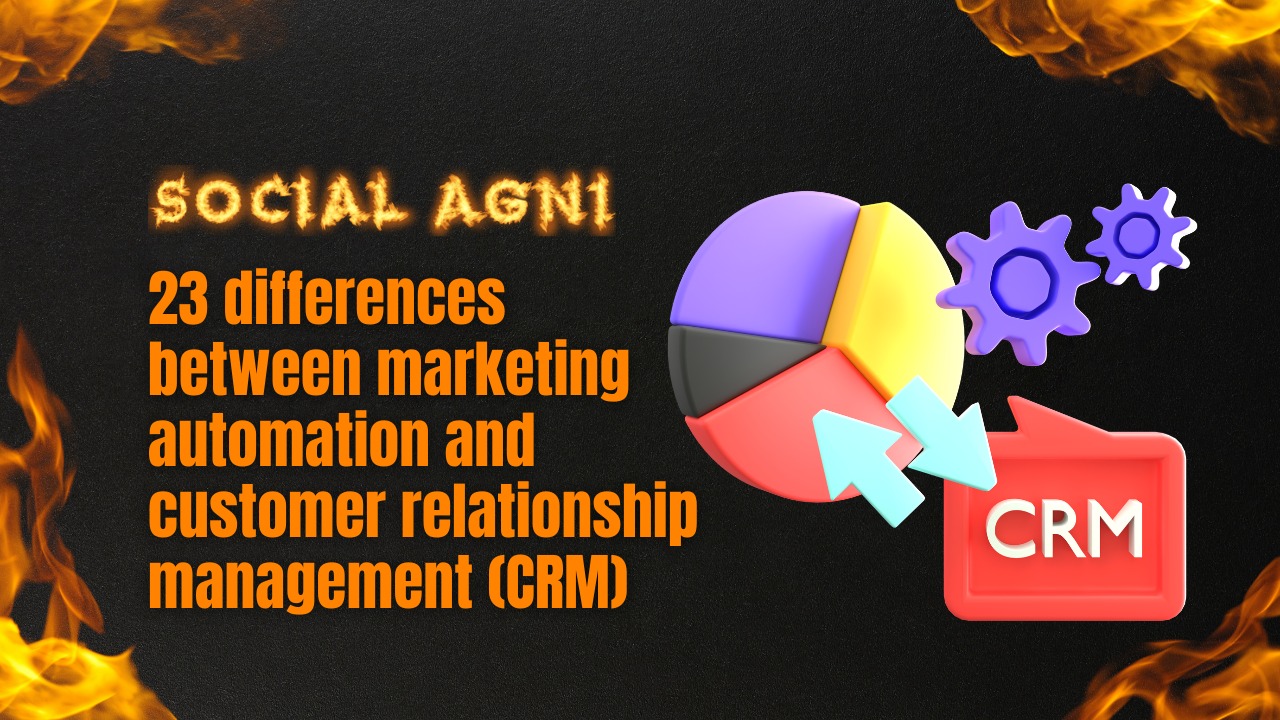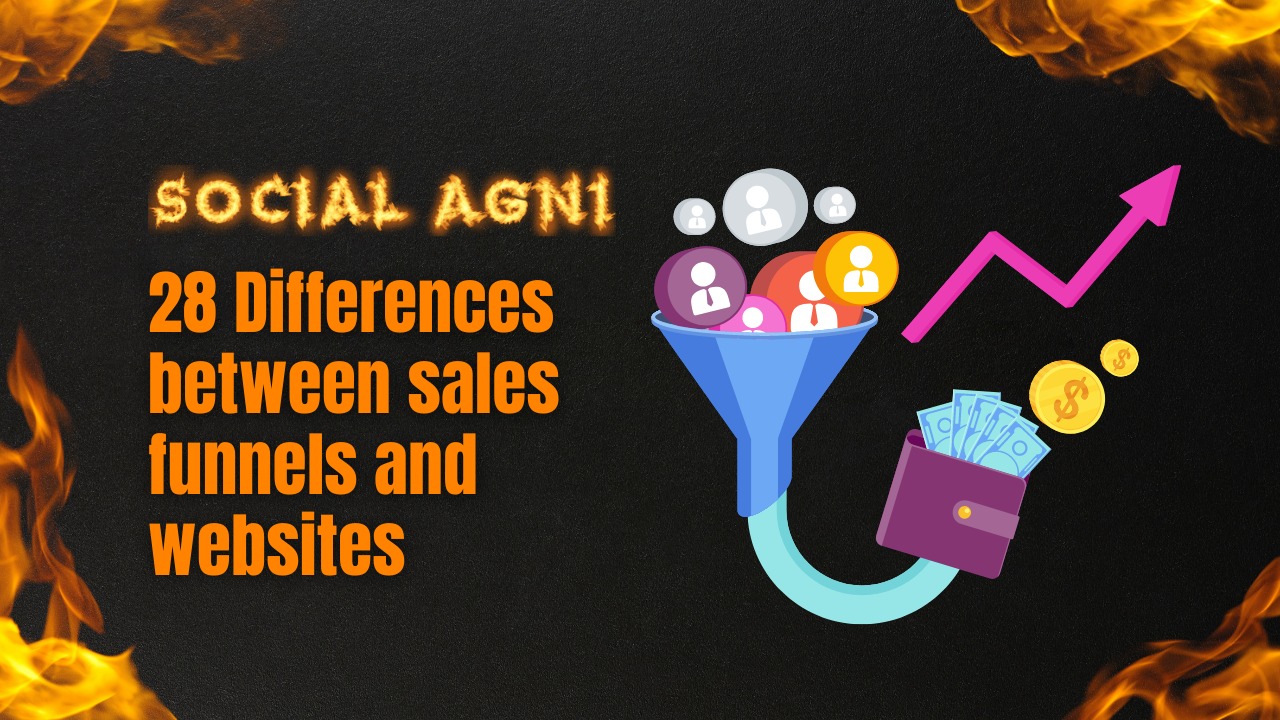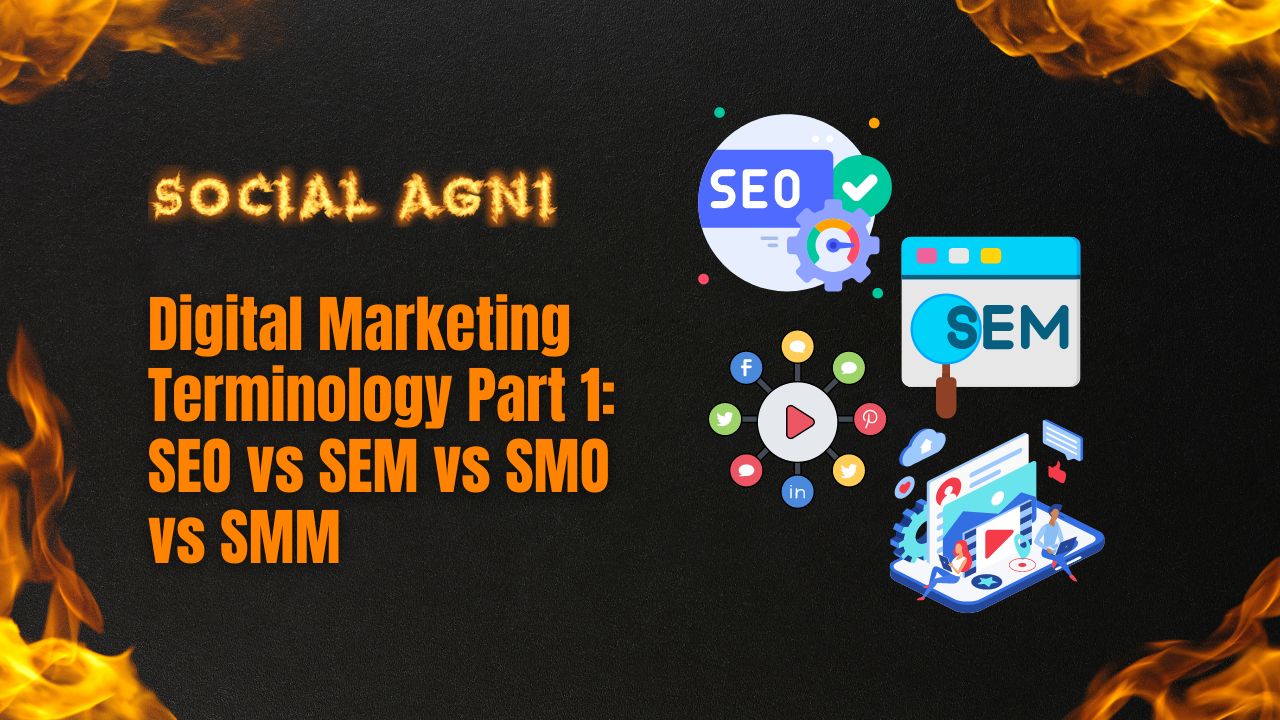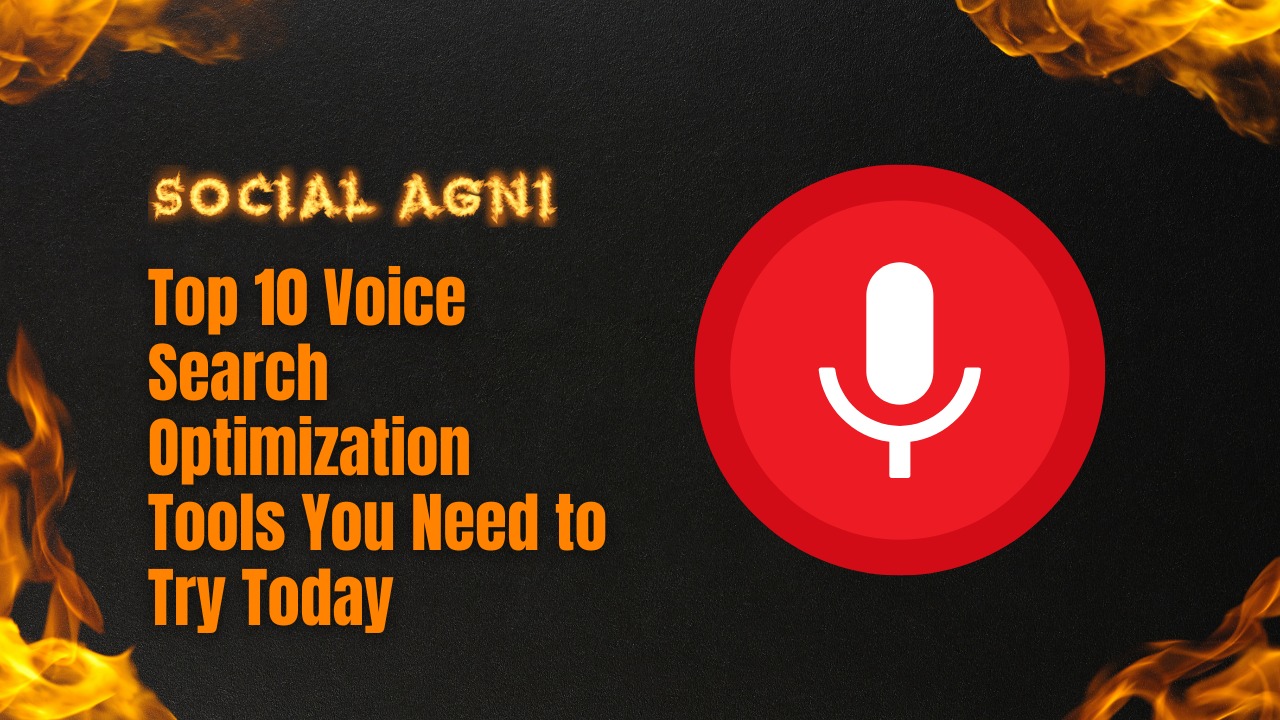Search engine optimization (SEO) has emerged as a critical component of any effective online presence in the ever-expanding digital realm. The visibility and ranking of a website on search engine results pages (SERPs) are improved using a variety of tactics and strategies. Meta tags play a big role among the numerous factors that go into successful SEO.
The header portion of a web page contains HTML code snippets called meta tags. They notify search engines about the information on a webpage. Although meta tags are not directly visible to visitors on the website, they are extremely important for how search engines interpret and present the page in search results.
Although there are many other kinds of meta tags, the meta title, meta description, and meta keyword tags are the most often used ones (although the latter has become less important in recent years). Each of these tags has a particular function in informing search engines of crucial information.
The title of a webpage is determined by the meta title tag, sometimes called the title tag. The clickable headline for it may be found in search results and on browser tabs. To capture visitors’ attention and raise search engine rankings, an optimized meta title tag has to be succinct, captivating, and filled with pertinent keywords.
On the other hand, a webpage’s content is briefly summarised in the meta description element. It affects visitors’ decisions to click through to the website since it displays in search results below the meta title tag. Writing an engaging and keyword-rich meta description may have a big influence on click-through rates and boost organic traffic.
The meta keyword element is used to provide the pertinent keywords connected to a webpage, however as a result of keyword misuse throughout time, it has lost some of its importance. Search engines now place more emphasis on content analysis and relevancy than they once did on meta keywords.
It is essential to adhere to standard practices in order to employ meta tags for SEO properly. This entails carrying out in-depth keyword research to determine the best keywords for each page, creating distinctive and descriptive meta tags for each webpage, ensuring that the meta tags and the content of the page are consistent, and routinely reviewing and updating meta tags based on performance and SEO trends.
What are Meta Tags?
Search engines and internet browsers may learn more about a web page’s content through meta tags, which are short pieces of HTML code. They are essential to search engine optimization (SEO) because they aid in the correct understanding and categorization of web pages by search engines. An HTML document’s head section is where meta tags are put.
Title Meta Tag
One of the most crucial meta tags is the meta title tag. In search engine results pages (SERPs) and browser tabs, it serves as the clickable headline and identifies the title of a web page.
The meta title tag for your website should be short, descriptive, and include important keywords. It aids in the topic and goal of the website’s understanding for both users and search engines.
Tag for meta-description
A webpage’s content is briefly summarised in the meta description tag. It acts as a preview of the web page’s content in search results and displays below the meta title tag. Writing an engaging and pertinent meta-description tag can enhance click-through rates by influencing visitors’ choices of which search results to click.
Markup Language
Previously, keywords pertinent to a webpage were specified in the meta keyword tag. However, because of previous abuse and misuse, search engines no longer assign this tag any weight. Some search engines may still use meta keywords as a signal for relevance, although to a reduced level, even if their influence on SEO has decreased.
Meta tags give search engines useful data that helps them more accurately index and rank web pages.
The meta tags of a website are examined by search engines as they crawl it to determine the page’s subject, relevancy, and possible keywords. The likelihood that a webpage will show up in relevant search results is increased by properly optimized meta tags. It’s important to remember that using meta tags alone cannot ensure good ranks in search results. They must be supplemented by high-quality content, sound website design, and other SEO strategies. Additionally, different search engines may read meta tags in various ways, making it essential to abide by the best practices and recommendations made by search engine providers.
It’s crucial to regularly evaluate and update meta tags by performance and SEO trends. Website owners and SEO experts may increase a webpage’s exposure, draw targeted traffic, and improve the user experience overall by employing meta tags correctly.
The Role of Meta Tags in SEO
Meta tags educate search engines about a webpage’s content, helping SEO. They assist search engines categorize and rank online pages. Meta tags’ SEO functions
Meta Title Tag
Search results headlines are meta title tags. Optimization can boost SEO
Keyword Optimisation
Keywords in the meta title tag assist search engines comprehend the page’s topic and boost its exposure for related queries.
User Engagement
A captivating and succinct meta title tag improves search user clicks, delivering organic traffic to the webpage.
Search Engine Ranking
Since the meta title tag is regarded by search engines as a key ranking component, optimizing it can help raise the position of search results.
Meta Description Tag
In search results, the meta description element gives a succinct synopsis of a webpage’s content. Its function in SEO entails
Attracting Clicks
Users may be persuaded to click on a search result if the meta description tag is well-written, showcases the webpage’s distinctive value proposition, and contains pertinent keywords.
CTR Optimisation
The click-through rate (CTR), a crucial SEO measure, may be raised by increasing the number of clicks a meta description tag receives in comparison to rival search results.
Indirect Ranking Factor
Although meta descriptions don’t directly affect search results, they can indirectly affect ranks by increasing click-through rates (CTRs).
Meta Keyword Tag
Although mostly disregarded in SEO, the meta keyword element was once used to provide the pertinent keywords connected to a webpage. Due to previous misuse and search engines’ sophisticated algorithms, which place a greater emphasis on content relevancy and context than just meta keywords, its present usefulness is constrained.
Meta tags help search engines, but they are only one part of SEO. Quality content, website structure, backlinks, and user experience also affect SEO rankings. Meta tags are interpreted differently by different search engines, thus following search engine best practices and recommendations is crucial.
In conclusion, meta tags notify search engines about a page’s content. Optimizing meta tags, such as the meta title and meta description tags, may boost search engine rankings, organic traffic, and SEO.
Best Practices for Using Meta Tags Correctly
SEO relies on proper meta tag usage. Meta tag use recommended practices
Conduct Thorough Keyword Research
Before developing meta tags, find relevant and useful keywords for each webpage. Find keywords with a good combination of search volume and competitiveness using Google Keyword Planner or other SEO tools.
Write Unique Meta Tags for Each Webpage
Each webpage needs unique meta tags. Duplicating meta tags across sites confuses search engines and hurts SEO. Meta tags should appropriately describe each webpage’s content.
Optimize the Meta Title Tag
SEO requires meta title tag optimization. Start the title with important keywords to optimize it. To attract searchers, keep the title short (50-60 characters) and interesting.
Craft Compelling Meta Description Tags
Summarize the webpage’s content in compelling meta description tags. Keep keywords natural and readable. To guarantee search results see the complete description, keep it within 150-160 characters.
Meta Tags and Content Should Match
Check the meta tags and page content. Search engines compare meta tags to content. Misleading or irrelevant meta tags can harm user experience and search engine rankings.
Regularly Review and Update Meta Tags
Based on performance and SEO trends, regularly review and optimize meta tags. To optimize SEO, monitor search results, click-through rates, and page performance.
SEO includes more than meta tags. To optimize SEO, focus on content, user experience, website performance, mobile optimization, and backlinks. Website owners and SEO professionals may utilize meta tags appropriately to increase a page’s exposure, relevant traffic, and search engine rankings by following these best practices.
Additional Considerations for Meta Tags
Meta tags may be optimized for SEO beyond the essential meta title and meta description. These factors improve website visibility, usability, and click-through rates. Key considerations
Mobile Optimization and Responsive Design
Mobile meta tags are essential as mobile browsing grows. Make sure mobile meta tags appear correctly. Responsive design ensures a consistent user experience across screen sizes.
Social Media Optimization and Open Graph Tags
Open Graph tags give social media sites metadata when a web page is shared. Optimizing Open Graph tags lets you customize the title, description, and image of your social media material. This optimization boosts Facebook, Twitter, and LinkedIn click-through rates.
Structured Data Markup and Rich Snippets
Schema.org vocabulary helps search engines comprehend your webpage content and context. This lets search results provide rich tidbits like star ratings, reviews, prices, and event details. Rich snippets increase exposure, draw attention, and deliver more useful information to consumers.
Localization and Language
Optimize meta tags for multilingual websites. Search engines use hreflang tags to target languages and regions. This guarantees that viewers see the proper page based on their location and language.
Dynamic Meta Tags
For big websites with dynamic content, generate meta tags based on-page content. CMS or PHP can do this. Dynamic meta tags provide each web page with unique and relevant meta information.
User Intent and Click-Worthiness
Write meta tags for user intent. Create meta tags based on user search terms. To enhance searcher clicks, make meta titles and descriptions clickable.
These extra elements including meta tag optimization can boost SEO, search engine visibility, organic traffic, and user experience. Meta tags should be monitored and adjusted based on SEO trends and user behavior to get the best outcomes.
List of all the Meta tags
-
Meta title tag
Search results’ clickable headline and web page title. -
Meta description tag
It summarises a page’s content in search results below the meta title tag. -
Meta keyword tag
Due to search engines’ focus on content analysis and relevance, meta keyword tags are less important. -
Mobile meta tags
Mobile meta tags optimize webpages for mobile surfing and display on mobile devices. -
Open Graph tags
When a webpage is shared on social media, they give metadata to customize the title, description, and picture for higher click-through rates on Facebook and Twitter. -
Structured data markup
Search engines utilize schema.org language to analyze webpage content and provide rich snippets like star ratings and event details. -
Localization and Hreflang tags
They optimize meta tags for multilingual web pages and target certain languages and locations. -
Dynamic meta tags
Large websites produce meta tags dynamically depending on-page content to ensure each page has unique and relevant meta information. -
User intent and click-worthiness
User intent and click-worthiness Meta tags should reflect user intent and be clickable to increase searcher clicks and SEO. -
Canonical tag
It chooses the best version of a webpage with identical content to avoid duplicate content concerns. -
Robots meta tag
It tells search engines how to index, follow links, and show snippets. -
Refresh meta tag
It automatically redirects visitors after a certain period. -
Viewport meta tag
It specifies the viewport width and initial scale for mobile devices to display a webpage. -
Author meta tag
Identifies a webpage’s author. -
Revisit-after meta tag
The HTML “Revisit-after” meta element tells search engine crawlers how often to re-index and update a page. Yahoo! and Bing launched it, however, Google does not support it.
-
Geo meta tags
These tags tell search engines where a webpage is located. -
Dublin Core meta tags
These tags standardize metadata for the title, description, creator, subject, and more. -
Video-specific meta tags (e.g., video object tag)
These tags organize video material, improving search results. -
Audio-specific meta tags (e.g., audio object tag)
These tags organize audio material, boosting search results.
Conclusion
Meta tags are vital to search engine optimization (SEO) because they provide search engines with valuable information and affect webpage exposure and ranking in search results. Meta tags may boost SEO and organic traffic if you understand and use them appropriately. Meta tags, such as the meta title tag, meta description tag, and others, should be optimized using relevant keywords and appealing content. Keyword research is necessary to find the best keywords for each page. Search engines and people benefit from distinct meta tags.
Meta tags and page content must match for good user experience and SEO. Meta tags that mislead can degrade search engine ranks and increase bounce rates. Meta tags must be reviewed and updated based on performance and SEO trends to be competitive in the ever-changing digital market. Beyond meta tags, other factors can improve SEO. Meta tags optimized for mobile devices and responsive design create a smooth user experience across platforms. Social media optimization with Open Graph tags enhances content presentation and click-through rates. Rich snippets and structured data markup improve search results’ visibility and value.
Frequently Asked Questions (FAQs)
1. How do meta tags work?
Meta tags are pieces of HTML code that are inserted in the header of a webpage to notify search engines about the content of the page.
2. Why are meta descriptions crucial for SEO?
Search engines can better analyze and categorize web pages thanks to meta tags, which increases their accessibility and ranking in search results.
3. How many meta tags should I use on my website?
It is advised to use one meta title tag and one meta description tag for each webpage, while there is no set limit.
4. Are people able to see meta tags on the website?
No, visitors cannot see meta tags on a webpage directly. Search engines utilize them to comprehend and provide details about the webpage in search results.
5. On several pages of my website, can I use the same meta tags?
It’s vital to develop distinctive meta tags for each webpage to prevent people and search engines from becoming confused. It’s not a good idea to use the same meta tags on different pages.
References:
